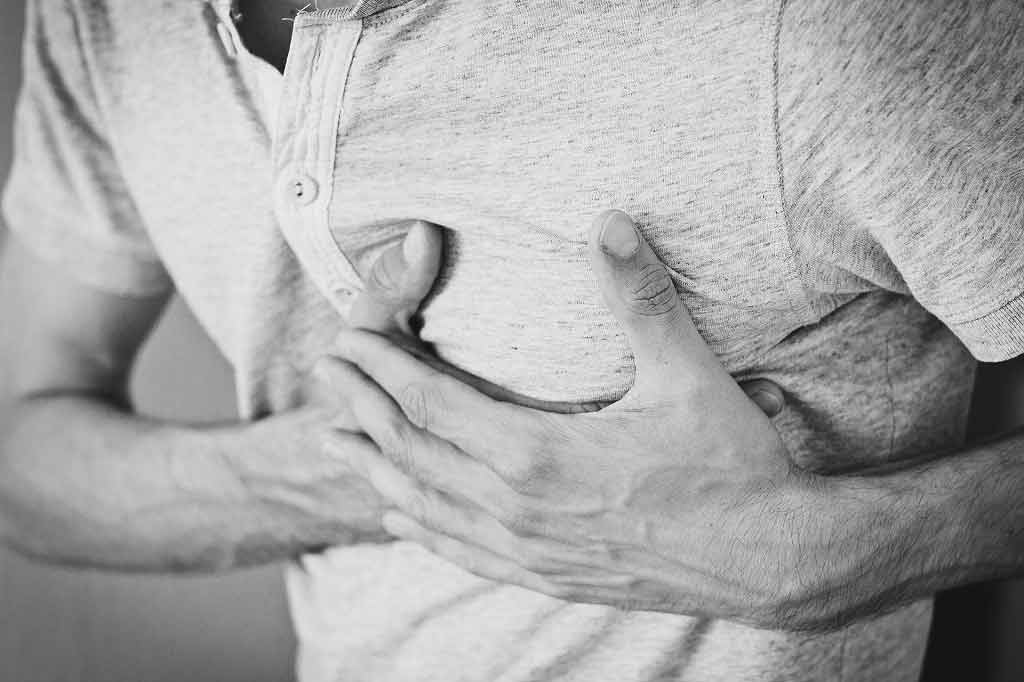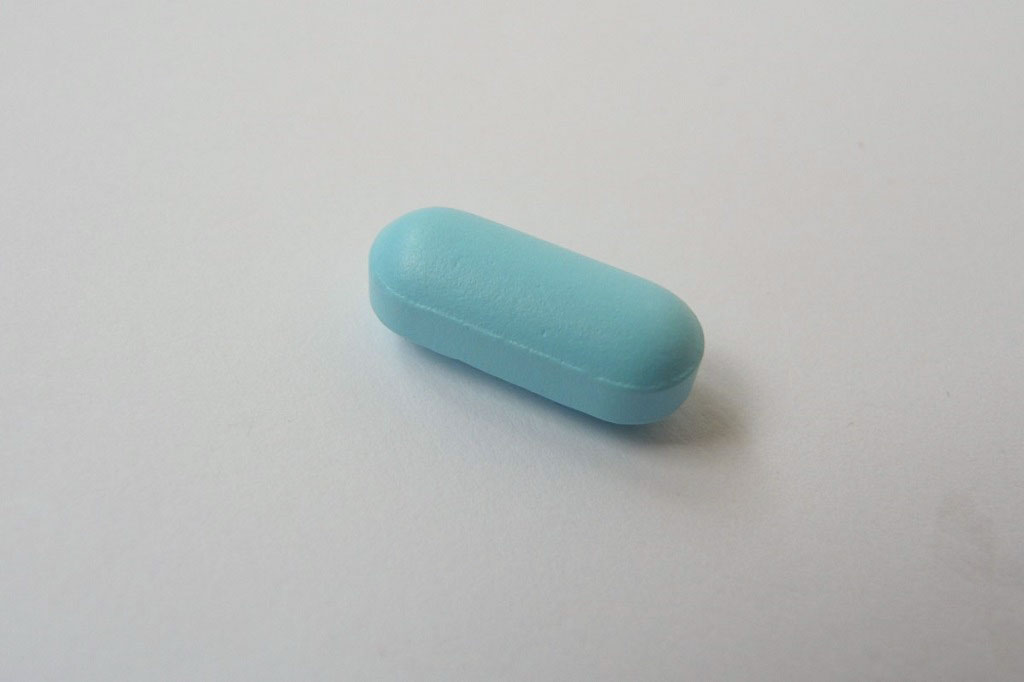Norovirus Q&A
Heart and lungs
Hospitals and schools have been hit by the "winter vomiting bug," newspapers have reported. Reports have said that norovirus - a highly contagious bug
Hospitals and schools have been hit by the "winter vomiting bug," newspapers have reported. Reports have said that norovirus - a highly contagious bug that causes vomiting and diarrhoea - has taken hold at the same time as seasonal flu and put extra pressure on health services.
Doctors have asked that people who have been ill to stay at home for 48 hours afterwards to avoid spreading the illness. They also asked that only the elderly, very young or those with long-term illnesses should visit the surgery if they are ill with the bug.
The Health Protection Agency (HPA) has sought to quell reports of a crisis and reported that it was seeing "fairly typical" levels of norovirus for this time of year.
"There is no reason at this stage to believe that there are more cases of norovirus than normal," the agency said.
What is norovirus?
Noroviruses are Britain’s most common cause of infectious gastroenteritis, also known as winter vomiting disease or stomach flu. Although not usually dangerous – the vast majority of sufferers recover after one or two days – the very young and the elderly are at risk of complications such as dehydration and may need hospital treatment.
It is estimated that, typically, between 600,000 and 1million people suffer from norovirus every year. That makes the infection – caused by one of a number of closely related viruses – the most common stomach infection in the UK.
What are the symptoms?
Symptoms typically begin between 24 and 48 hours after infection with the virus. Sudden onset of nausea is usually the first sign of infection, followed by vomiting and watery diarrhoea. Some may also experience a mild fever, aching limbs and headaches. Symptoms typically disappear after a day or two.
How do people catch norovirus?
Through contact with an infected person, contact with surfaces contaminated with the virus, such as door handles and tables that are contaminated, and consuming contaminated food or liquid. This means that outbreaks are particularly common within contained environments such as hospitals, schools, and offices.
Once you have caught norovirus, you are immune to the illness for around 14 weeks. After this time, it is possible to be reinfected with the virus and suffer the same symptoms.
What can I do to stop myself catching norovirus?
It is not possible to guarantee that you will not catch norovirus. But good hygiene will lower your risk. Wash your hands frequently, particularly after using the lavatory and before eating or preparing food. Avoiding raw, unwashed foods during a norovirus outbreak can also lower your risk of infection.
What should I do if I have norovirus?
There is no specific treatment for the illness, and you will have to let it run its course. Stay at home and drink plenty of fluids to avoid dehydration. That means regular sips of water or fruit juice, even if you are feeling sick. Adults can take rehydration drinks and anti-diarrhoea medicines available from pharmacies. Anti-diarrhoea medicines are not suitable for children.
To avoid infecting other people with the virus, wash your hands regularly and stay at home for 48 hours after the last sign of symptoms. Do not prepare food for others for three days after the last sign of symptoms.
The vast majority of those infected make a full recovery within two days. But particular care must be taken with the very young and older people who catch norovirus, as they are at higher risk of dehydration.
Need help now?
If you are suffering symptoms of norovirus, you can get advice now from the NHS Direct healthline: 0845 4647.
You can learn more about norovirus at NHS Choices.






 Subscribe
Subscribe Ask the doctor
Ask the doctor Rate this article
Rate this article Find products
Find products








